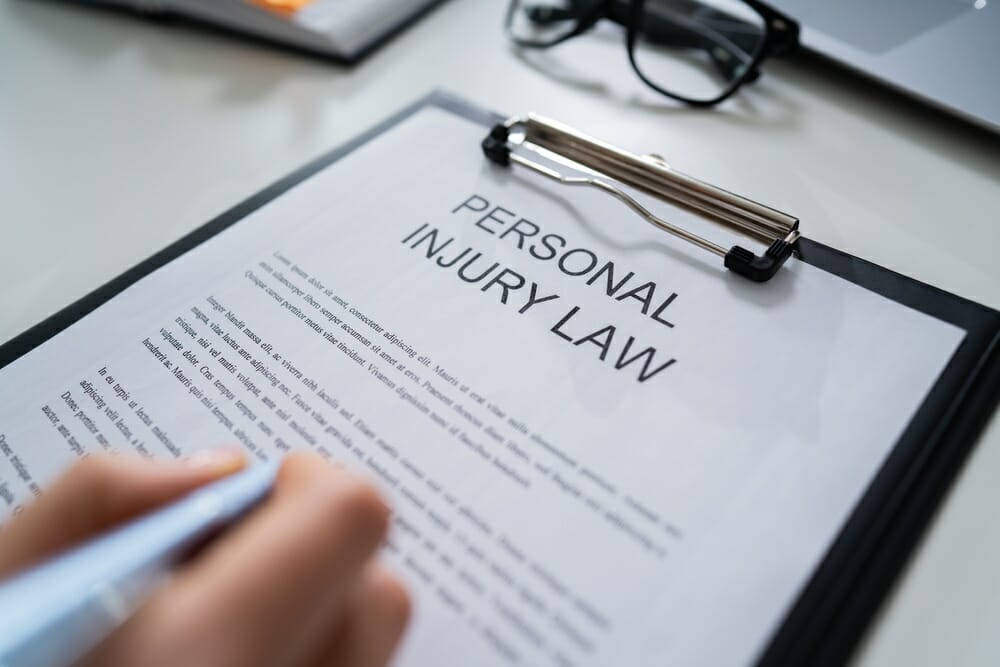When you participate in certain activities, go to the gym, or take athletic classes, you might be asked to sign a document called a liability waiver. Many people believe that when they sign this agreement, they cannot take legal action if they become injured as a result of their participation in the activity. However, this is not always the case. In New York State, there are a number of situations in which a liability waiver may be void or unenforceable.
What is a Waiver?
Waivers are typically signed prior to engaging in what are deemed to be inherently dangerous activities such as sky diving and hang gliding. Waivers can also involve other activities such as camping, horseback riding, rock climbing, and skiing. Liability waivers are essentially contracts between the participant and company providing the activity in which the signer agrees to hold the company harmless for any injuries that might arise during the activity.
What Determines Enforceability of a Liability Waiver?
A court would look to a number of factors to determine whether a liability waiver should be enforced. Specifically, it will evaluate the language used in the document. A waiver must clearly and unambiguously inform the signer precisely what is being waived. While some companies take the time to have their attorneys draft tailored liability waivers, others use standard boilerplate waivers — but these usually do not contain language specific enough to be enforceable.
When is a Liability Waiver Unenforceable?
Even if you are asked to sign one, there are certain instances in which waivers are not enforceable. Under New York General Obligations Law Section 5-326, a waiver in connection with the following is generally unenforceable:
- Public swimming pools
- Gymnasiums
- Amusement parks
- Recreational facilities
Importantly, paying for a ticket or membership to engage in a recreational activity pertaining to one of the above categories is a crucial part of the statute. Per public policy, an owner, operator, agent, or employee cannot be exempt from a legal action asserting negligence if the injured party paid to participate in the activity.
Liability waivers are also unenforceable in the event an injury arises on the company’s premises unrelated to the activity for which the waiver was signed. For example, if you signed a waiver for hang gliding but tripped and fell on a pothole in the parking lot, the waiver would not be applicable. A waiver is also not enforceable if it was signed by a minor.
Additionally, a court will usually not enforce a waiver if the defendant’s conduct was intentional, egregious, or grossly negligent.
Contact an Experienced New York City Personal Injury Attorney
If you signed a waiver to participate in a recreational activity and suffered an injury, you may still be able to hold the negligent party accountable. In these cases, it’s critical to have an experienced personal injury attorney on your side who can best advise you regarding your legal rights and remedies. Due to our skill, knowledge, and commitment, we regularly secure verdicts and settlements in the millions for our clients.
The Edelsteins, Faegenburg & Brown LLP is a personal injury law firm dedicated to fighting for the rights of accident victims to ensure they get the monetary recovery they deserve for their injuries. Located in Manhattan, our firm has been handling personal injury cases throughout New York City since 1937. Call to schedule a free consultation at (212) 425-1999 today.

